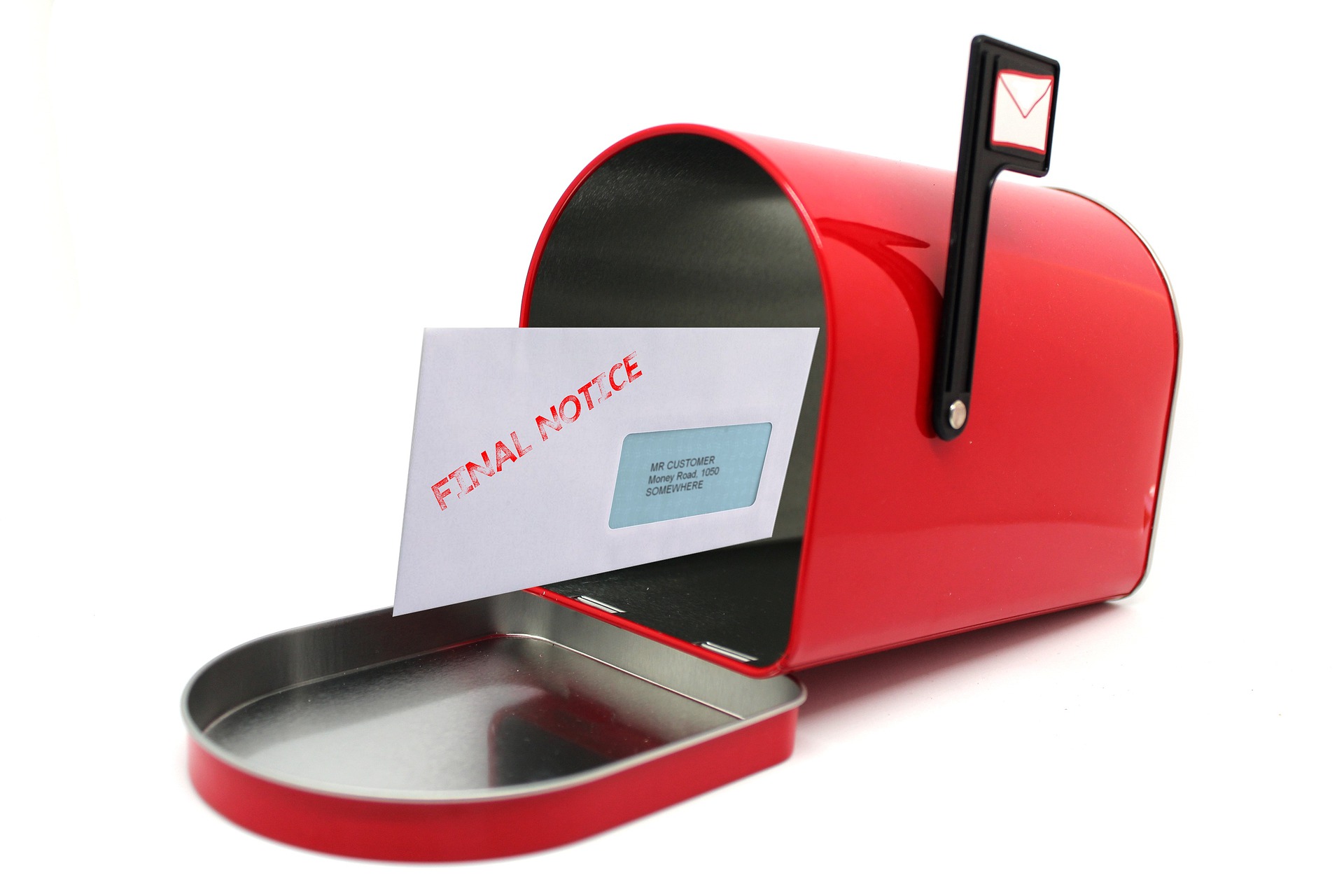Reasons Why Broward County Landlords Evict Tenants

Chapter 83 outlines the rights for Landlords and Tenants in Residential and Commercial Tenancies. In addition, it states the process that they must follow when Evicting Tenants. While Florida Statutes must be adhered to, it is important to understand the reasons why Broward County Landlords Evict Tenants.
Nonpayment of Rent
Every Lease requires a Tenant to pay rent. In most Leases, they pay rent on the first of every month. Unfortunately, some fail to pay on the first or at all. As a result, the Landlord files an Eviction. When it comes to Non-Payment, the Florida Eviction Process begins when the Tenant receives a 3 day notice. As a result, they have 3 days to pay or vacate. If they pay, they can remain in the property. If they fail to pay, the Landlord can terminate the tenancy and commence Eviction Proceedings. Click here to see more on Florida 3 day notices.
Holdover Tenant
Many Tenants remain in the property at the end of a lease. As a result, they are a Holdover Tenant. In other words, they continue to occupy the property after the lease expires. It also means they occupy the property without a lease agreement or extension. While a Holdover Tenant can create issues, Florida Statute 83.58 allows a Landlord to demand and charge double rent for the time they remain in the property. If the Lease expires and they remain in the property, they can file without giving notice.
Tenant Remains in the Property after receiving a Notice to Vacate
Most leases last a year. To create one that will be over a year, it must be signed by the Landlord in the presence of 2 witnesses. However, many leases are month-to-month. Florida Statute 83.57 outlines the termination process for a month-to-month lease. It states that it can be terminated by giving not less than 15 days’ notice prior to the next rental period. For example, if a Landlord wants to terminate a month-to-month lease in a month that has 31 days, they can terminate it by the 15th of the month. In addition, they must let the Tenant know that they need to vacate by the 31st. *TIP– It is always beneficial to give a Tenant as much notice as possible. This can prevent headaches and save the Landlord money.

Tenant Violates a Non Monetary Provision of the Lease or Florida Statute
A Tenant can be current on their rent but still be evicted. In other words, they can be evicted if they do not comply with the terms of the Lease or Florida Statutes that do not relate to rent. For example, Florida Statute 83.56 allows for termination due to a Tenant’s non-monetary compliance. However, certain violations allow for the opportunity to Cure. Regardless if the Tenant can cure, the Landlord must first provide a 7 Day Notice.
A. Violations the Tenant can Cure. If a Tenant violates non-monetary provisions of a lease, a Landlord can give them a 7 Day Notice to Cure. Examples include, but are not limited to: unauthorized pets, guests, or vehicles, illegal parking, and not maintaining the property in a clean and sanitary manner. Accordingly, if the violations are cured, the Landlord cannot proceed with the Eviction.
B. Violations that do not allow the Tenant to Cure. 83.56 addresses non curable violations. Examples include: Intentional Destruction of the Landlord’s or other Tenants’ property, continued disturbance of the other Tenant or neighboring Tenants, and violations that the Lease states are not curable. Termination requires the Landlord to give the Tenant a 7 Day Notice. As a result, they have 7 Days to vacate. If they fail to vacate, the Landlord can proceed with Eviction.
Florida law is clear regarding a Landlord’s Right to Evict a Tenant. Therefore, if you need to remove a Tenant, contact your Broward Eviction Lawyers at 954 Eviction Attorneys, PLLC at 954.323.2529.





You must be logged in to post a comment.